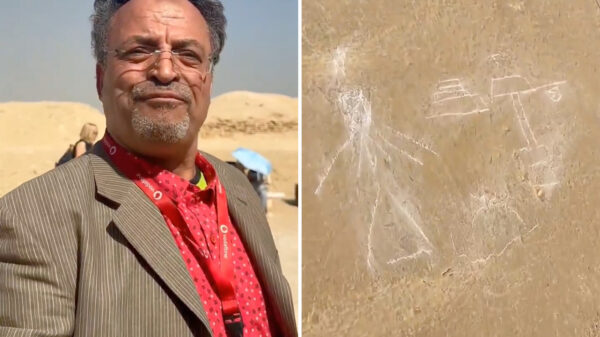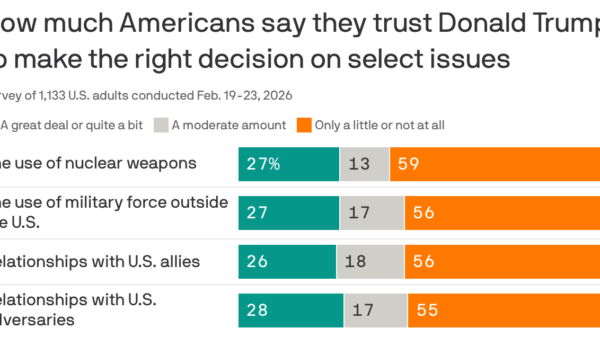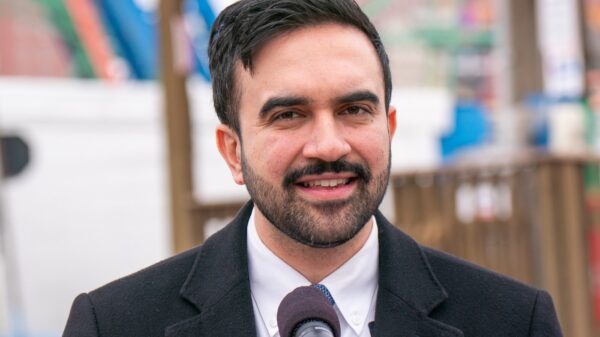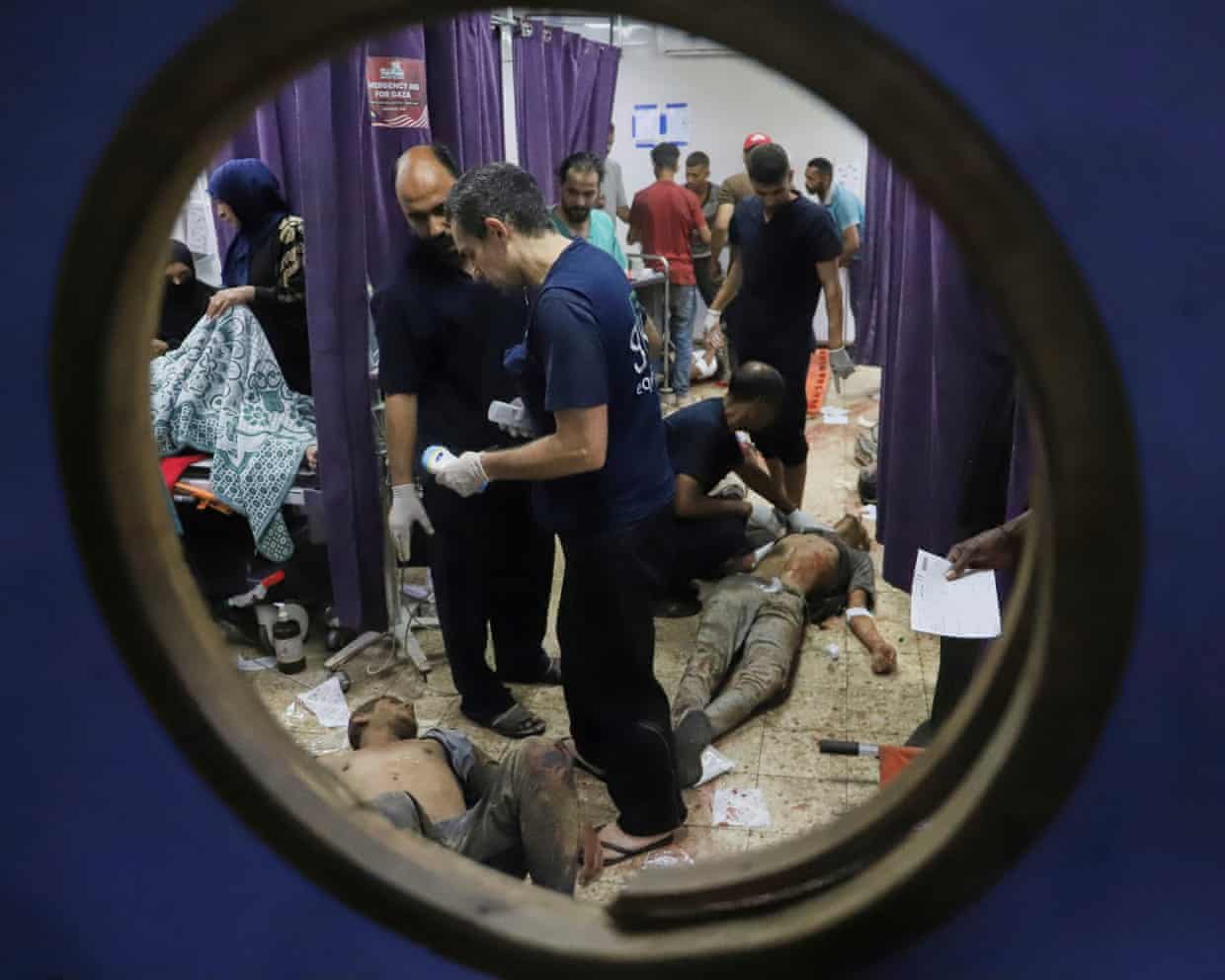Doctors and medical staff in Gaza are facing extreme challenges as a deepening hunger crisis leaves them too weak to provide adequate care to patients. With hospitals overwhelmed by malnourished and injured civilians, medical professionals report a dire shortage of food, leading to alarming declines in their physical health. An increasing number of healthcare workers, including almost a dozen who spoke to the Guardian and the Arabic Reporters for Investigative Journalism (ARIJ), are struggling to find sustenance and are experiencing severe exhaustion.
Dr. Mohammed Abu Selmia, director of al-Shifa Hospital in Gaza City, highlighted the gravity of the situation, stating that medical staff have not received any aid or meals in the past 48 hours. “They are in a state of extreme exhaustion. Some have fainted in the operating rooms,” he explained. He warned that the ongoing famine could severely impact medical services, as staff are unable to endure the current conditions much longer.
The challenges are compounded for those working in emergency care. One physician at al-Shifa Hospital described a particularly grueling experience, noting that after a 24-hour shift, they were told there was no food available. “My colleague and I treated 60 neurosurgery patients, and right now I can’t even stand,” the physician said. Another general practitioner expressed despair, saying, “I haven’t had anything to eat since yesterday, and my family has nothing to eat.”
Healthcare System Under Severe Strain
Reports of deteriorating health among patients have also emerged, with increasing numbers suffering from gastroenteritis, fainting, and low blood sugar. A surgeon at Nasser Medical Complex indicated that complications are rising post-surgery due to malnutrition. “I couldn’t eat for two days because I feared worsening my own gastroenteritis,” the surgeon noted, recounting a critical moment when they had to stop surgery on a girl shot in the abdomen due to their own health issues.
The humanitarian crisis is dire, with 21 children reported dead across the Palestinian territory in just three days due to malnutrition and starvation. “These patients need special nutrition, but there isn’t any,” Dr. Abu Selmia lamented, underscoring the urgency of the situation. Many affected families are struggling in silence, with some dying in their homes without anyone knowing.
On October 18, 2023, Philippe Lazzarini, chief of the United Nations Relief and Works Agency for Palestine Refugees in the Near East (UNRWA), revealed that healthcare and aid workers in Gaza are fainting due to hunger. The precarious conditions force some medical staff to choose between providing urgent care or searching for food for their families. The only available food distribution sites, managed by the Gaza Humanitarian Foundation and guarded by the Israel Defense Forces (IDF), present additional risks.
According to the United Nations, more than 1,000 people have died while seeking food from these distribution centers since May. The healthcare system in Gaza has been devastated over the past 23 months of conflict. A report from the World Health Organization found that at least 94% of hospitals in the Gaza Strip have been damaged or destroyed, leaving only 19 of the 36 hospitals operational.
Call for Urgent Action
Muath Alser, director of Healthcare Worker Watch, a Palestinian medical organization, stated that healthcare workers have reported unprecedented levels of food insecurity, lowered immunity, and severe fatigue. He emphasized that condemnation is no longer sufficient, urging for immediate action to alleviate the suffering of both medical personnel and patients.
In response to the crisis, the IDF announced that it is working to facilitate the distribution of humanitarian aid to ensure hospitals can continue operating. They also stated that they are reviewing incidents where harm to civilians occurred at distribution facilities, promising to issue new instructions to field forces based on these evaluations.
As the humanitarian crisis deepens, the future of healthcare in Gaza hangs in the balance, with medical professionals fighting not only for their patients but for their own survival.








































































